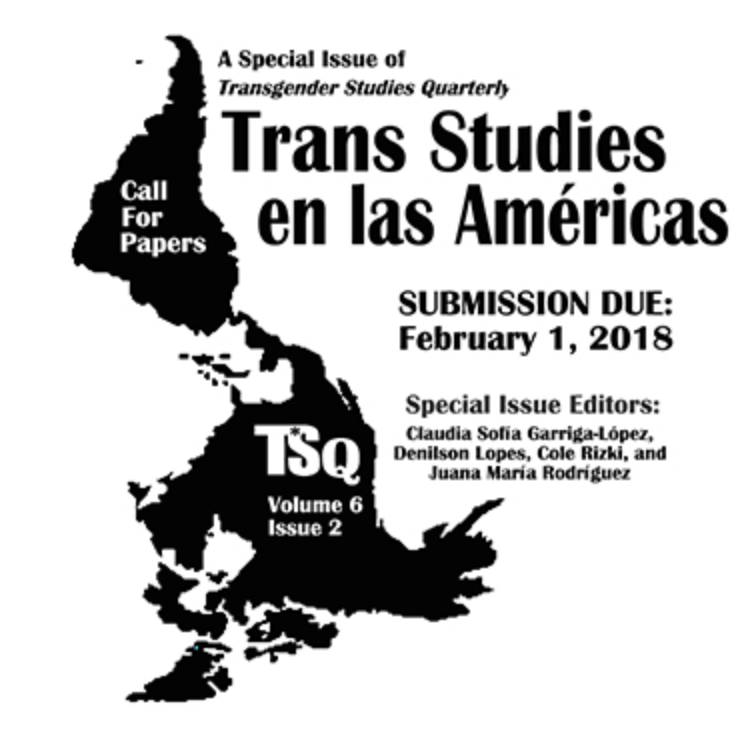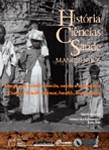Call for Papers: Covid-19 in Latin America: Conflicts, Resistance and Inequalities
Gest editors: Claudia Agostoni, Karina Ramacciotti, Carlos Paiva, Marcos Cueto
The covid-19 pandemic intensified deep social inequalities in developing countries, insufficient official responses, and heated debates about the human body, disease, and prevention in which science and policy converged. It also revealed the coexistence of serious precariousness, tensions, and resilience in health systems. This was particularly severe in Latin America, a region of the world that has a marked history of these problems, which for much of 2020 and 2021 was the global epicenter of the coronavirus (measured by the highest number of cases, the highest fatality, or the higher percentage of infected in its population). The region has also been the scene of extreme cases such as the abandonment of the sick and corpses (as in the bodies scattered in the streets of Guayaquil and the mass burials in Manaus at the beginning of 2020), government responses accused of gross negligence and genocide (as in Brazil with Jair Bolsonaro), overwhelmed hospitals and scarce resources that reached the limit of their capacities, frustrated essays of the “herd immunity theory” in which the public health opposed the economy, strenuous efforts against the adversity of doctors, nurses, relatives of patients and activists, the glorification of “magic” but ineffective remedies (such as chloroquine), and corruption in the acquisition of vaccines.
This special issue from História, Ciências, Saúde – Manguinhos (HCSM) aims to bring together new, original and relevant articles that, starting with covid-19, establish a dialogue between the past and the present. We want to enrich and deepen the valuable work carried out so far that has allowed us to contextualize the pandemic, illuminate comparisons with the past, discuss how the complex relationship between science, society, and politics is magnified in health disasters, and record the challenges of health workers. We are also interested in identifying patterns in the main problems already mentioned, claiming the importance of a historical and comparative perspective to understand epidemics and contemporary public health, and presenting reflections that, in the future, will serve both historians and social scientists interested to develop more consistent studies on the interaction between science, health, and society in crises.

Derecha impulsa protestas anticuarentena en Argentina – Agencia Télam/ Brasil de Fato
Because of the above, a call is made to send unpublished works, which from a historical perspective deepen the analysis of one or more of the following topics (a non-exclusive list) focusing on Latin America:
- Demographic or economic impacts of the pandemic
- Government responses (including the implementation of subsidies to vulnerable social sectors)
- Working conditions of “essential” workers during the pandemic
- Demands and protests during the pandemic (including discussions in social networks)
- Scientific uncertainties, denials, and debates about treatments (including the behavior of the medical profession during the pandemic)
- The pandemic and its impact on regional and international health governance
- Vicissitudes and inequalities in vaccination
- The impact of the epidemic on indigenous peoples living in rural areas and the Amazon
- Coronavirus and the media
- Impacts of the pandemic on health systems and local health programs
- Pandemics, images, photographs, and history
- Death and mourning in epidemics
In addition to sending papers to the Analysis section, we invite you to send papers to the sections of Reviews, Interviews, Images, Sources, Historiography Review and Research Note. The texts must have the format stipulated in the journal’s instructions to authors and must be accompanied by a letter to the editor mentioning the author’s desire to participate in the special edition. The languages in which the works can be sent are Spanish, Portuguese and English. The calendar for the reception, evaluation, and publication of articles is as follows:
June 15, 2022: Deadline for submission to be evaluated individually by the Online ScholarOne platform that appears in the instructions for authors.
June 16 to December 30, 2022: Evaluation process.
Mid-2023: Publication of the special edition.
See in HCS-Manguinhos; Coronavirus and history










